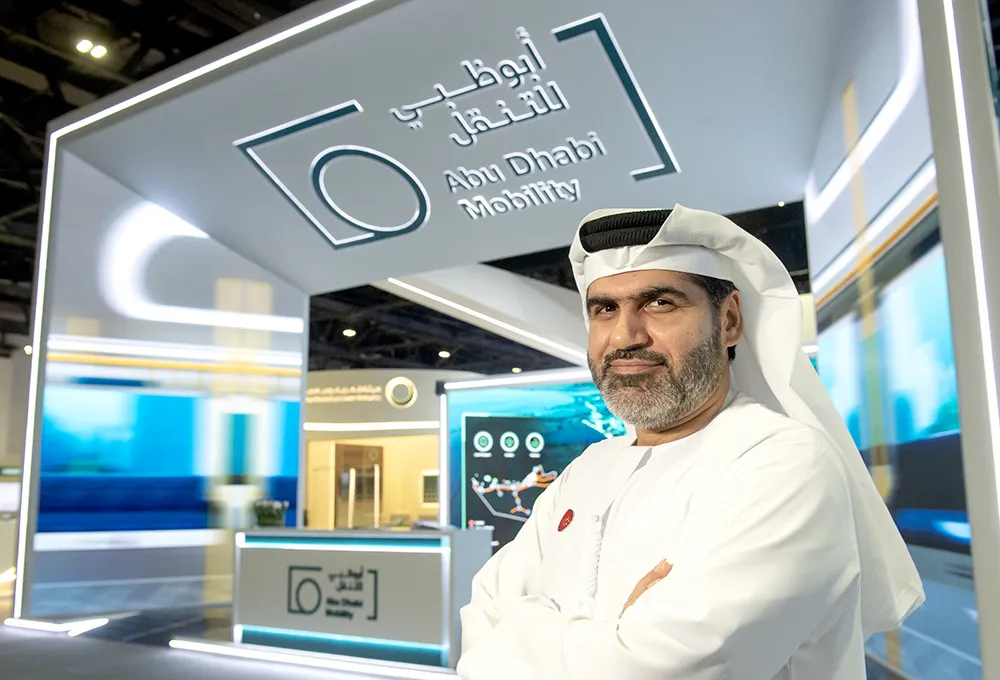Balfour Beatty has announced that Power Transmission Gulf (PTG), part of Balfour Beatty's UAE-based joint venture BK Gulf, has been awarded a US$96.1 million joint venture contract to carry out mechanical engineering services on the new Abu Dhabi International Airport Midfield Terminal Building (MTB).
The new terminal building will accommodate up to 65 aircraft, including the Airbus A‐380, with an expected capacity of 30 million passengers per year. Check‐in will provide 165 conventional counters and 48
February 12, 2014
Read time: 2 mins
The new terminal building will accommodate up to 65 aircraft, including the Airbus A‐380, with an expected capacity of 30 million passengers per year. Check‐in will provide 165 conventional counters and 48 self-service kiosks capable of handling 8,500 passengers, both arriving and departing per hour. The baggage system is designed to process over 19,000 bags per hour with over 22 km of conveying lines and 10 reclaim carousels.
The MTB is designed to achieve a Three Pearl rating, based on the Abu Dhabi Urban Planning Council's Estidama approach towards sustainable design, making it the highest‐rated airport terminal in the Gulf Cooperation Council (GCC,) and the largest singular building ever to be rated globally.
The project is due for completion by September 2016.
"I am pleased to announce this new contract with TCA JV," said Andrew McNaughton, Balfour Beatty CEO. "This builds on our existing capabilities in airport infrastructure gathered from around the world and allows us to bring these skills to a key growth region for us."








